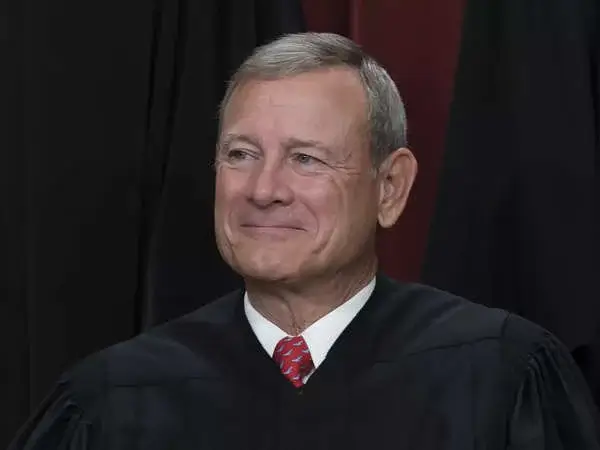In a recent year-end report, Chief Justice John Roberts shed light on the evolving landscape of the federal courts, emphasizing the growing role of artificial intelligence (AI) and its potential impact. While steering clear of ongoing ethical controversies within the Supreme Court, Roberts addressed the transformative possibilities and cautionary aspects of AI technology.
Roberts acknowledged the inevitability of AI integration into the legal system, foreseeing significant effects on judicial processes, particularly at the trial level. He drew parallels to historical technological shifts, such as the adoption of computers over quill pens, emphasizing that AI could bring about similar transformative changes.
However, the Chief Justice cautioned against fully replacing human judgment with AI, emphasizing the nuanced nature of legal decisions. He highlighted the importance of human elements, such as a defendant’s body language or a moment’s hesitation, that contribute to the sincerity assessment in a courtroom.
While predicting a substantial impact on judicial work, Roberts recognized the need for careful consideration and humility in the adoption of AI. He raised concerns about potential risks, including privacy invasion and the dehumanization of the law, urging a cautious and measured approach.
Roberts also alluded to recent instances of AI misuse in the legal profession, such as fabricated legal opinions generated by AI, emphasizing the importance of responsible and ethical AI usage.
Despite the cautious tone, the Chief Justice acknowledged AI’s potential to enhance legal research, providing access to crucial information for lawyers and non-lawyers alike. He underscored the dual nature of AI, offering efficiency gains while posing challenges related to privacy and the human aspect of the law.
The report did not delve into the Supreme Court’s current controversies or its role in the upcoming presidential election. Instead, Roberts focused on technological advancements adopted during the pandemic, including virtual hearings, which contributed to increased efficiency.
As federal courts grapple with the integration of AI, Chief Justice Roberts emphasized that judges are not becoming obsolete but acknowledged that technological changes will continue to shape the legal landscape. The report signals a cautious yet forward-looking approach to the intersection of AI and the judicial system.


Leave a Reply